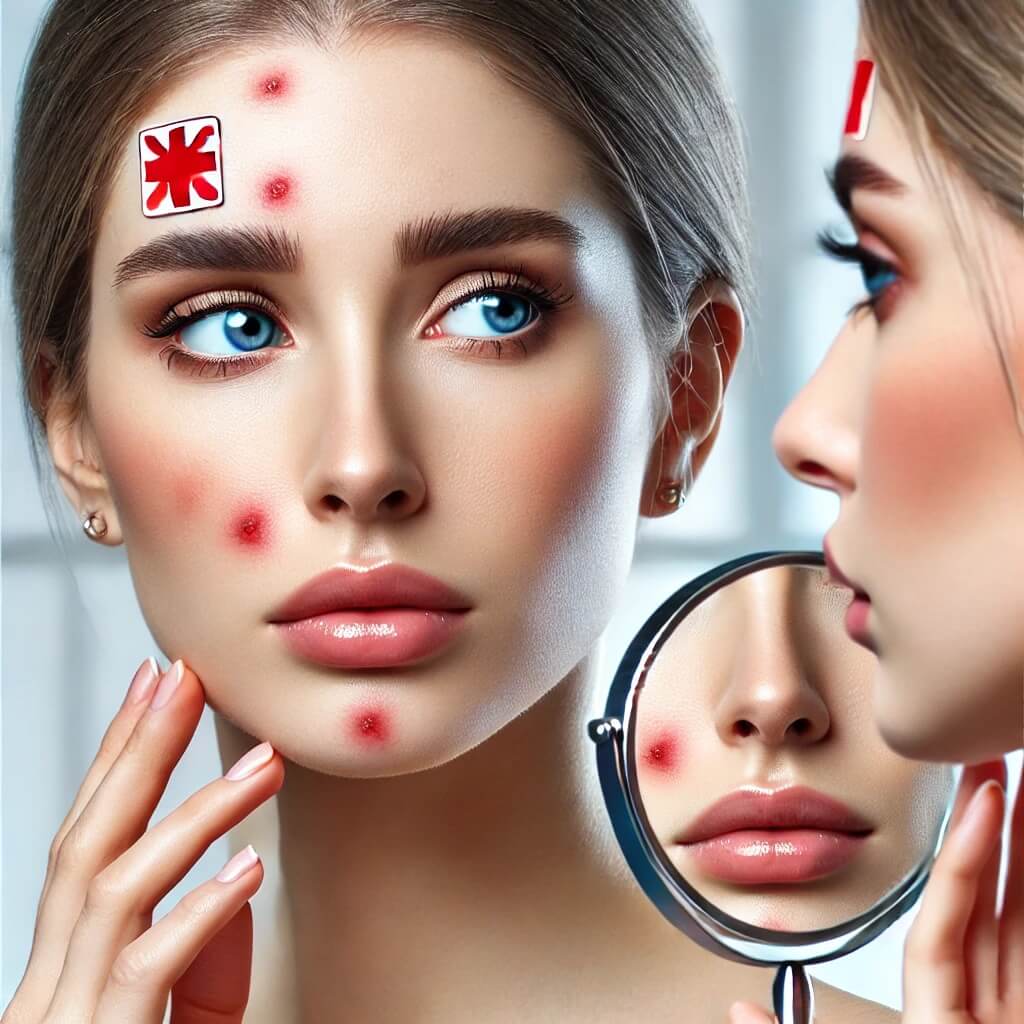Microblading is a semi-permanent eyebrow tattooing technique that enhances the appearance of eyebrows by creating hair-like strokes with pigment. While many individuals benefit from this treatment, not everyone is a suitable candidate. Below is a comprehensive guide on who should avoid microblading in Newmarket, Canada, or elsewhere.
1. Medical Conditions That May Affect Microblading
- Pregnancy and Nursing – Hormonal changes during pregnancy and breastfeeding can affect skin sensitivity, pigment retention, and healing, increasing the risk of infection.
- Heart Conditions – Individuals with significant heart problems or those with pacemakers should avoid microblading due to potential complications with numbing agents containing epinephrine, which can elevate heart rates.
- Autoimmune Disorders – Conditions like lupus, rheumatoid arthritis, or individuals who have undergone organ transplants may have compromised immune systems, increasing the risk of infection.
- Viral Infections – Those with active infections such as hepatitis or HIV should refrain from microblading procedures to prevent potential health risks.
- Diabetes – Uncontrolled diabetes can impede healing and increase the risk of infection. A doctor’s clearance is essential before undergoing eyebrow tattooing.
- Skin Conditions – Individuals with eczema, psoriasis, rosacea, severe acne, or keratosis pilaris on or near the treatment area may experience poor pigment retention and healing issues.
- Keloid Formation – Those prone to keloid scars or hypertrophic scarring should avoid microblading in Newmarket and elsewhere, as the procedure involves minor skin incisions.
- Recent Accutane Use – Individuals who have used Accutane (isotretinoin) within the past year should avoid eyebrow microblading, as the medication can cause skin thinning and affect the healing process.
2. Skin Types That May Not Be Ideal for Microblading
- Oily Skin with Large Pores – Excess oil can cause pigment to blur and fade faster, leading to less defined results. If you have oily skin, consider alternatives such as nano brows or powder brows.
- Sun-Damaged Skin – Overexposure to the sun can affect skin texture, pigment retention, and overall healing.
- Hyperpigmentation-Prone Skin – If you are prone to hyperpigmentation or dark spots, you may experience unwanted color changes after microblading.
3. Medications and Treatments That Can Interfere with Microblading
- Blood Thinners – Medications like aspirin, warfarin, or certain herbal supplements that thin the blood can lead to excessive bleeding during the procedure, affecting pigment retention and healing.
- Chemotherapy Patients – Those undergoing chemotherapy treatments should avoid microblading until their immune system recovers and they receive medical clearance.
For expert microblading in Newmarket, book a free consultation today with Canada Permanent Makeup and get personalized advice for achieving natural, long-lasting brows!

